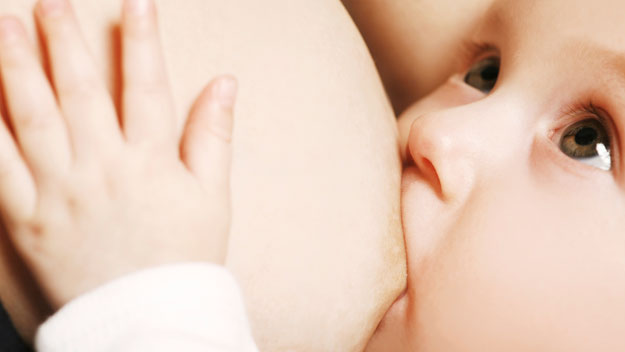Researchers paired children up based on socioeconomic factors and their mother’s IQ the only difference was whether they had been breast- or formula-fed, the UK’s Daily Telegraph reported.
Children who had been breastfed had IQs that were on average between three and five points higher than their formula matches, researchers from Oxford University and the Institute for Social and Economic Research (ISER) found.
The study is part of the Avon Longitudinal Study of Parents and Children, which is following the development of 14,000 children born between 1991 and 1992.
Children were tested at ages five, seven, 11 and 14. At each age breastfed children outperformed those who were fed formula.
“We wouldn’t have been surprised if the effect faded with time, but it didn’t,” ISER research fellow Dr Maria Iacovou said.
Previous British studies have analysed the health benefits of breastfeeding, but the Oxford University study was the first that looked at its effects on intelligence, the Daily Telegraph reported.
The British study supports the results of an Australian study by the University of Western Australia’s Telethon Institute for Child Health Research, which studied more than 2900 children born between 1989 and 1991 from before birth to the age of 10.
The Australian study found that boys who were breastfed for the first six months of life received significantly higher scores in maths, reading and spelling compared to formula-fed children with the same socio-economic background.
The Western Australian results were published in the January 2011 issue of international health journal Pediatrics.
Read more about the Western Australian study
Britain has one of the lowest breastfeeding rates in the world, with only 35 percent of children breastfed exclusively.
In Australia, 84 percent of children are breastfed exclusively when discharged from hospital, 61 percent at three-months of age and 49 percent at six-months, the Australian Breastfeeding Association has said.
The World Health Organization recommends babies are breastfed exclusively for at least the first six months of life, with complementary foods and breastfeeding recommended up to two years of age.

